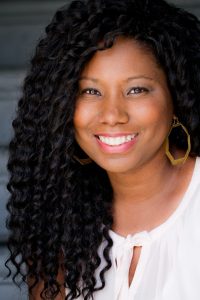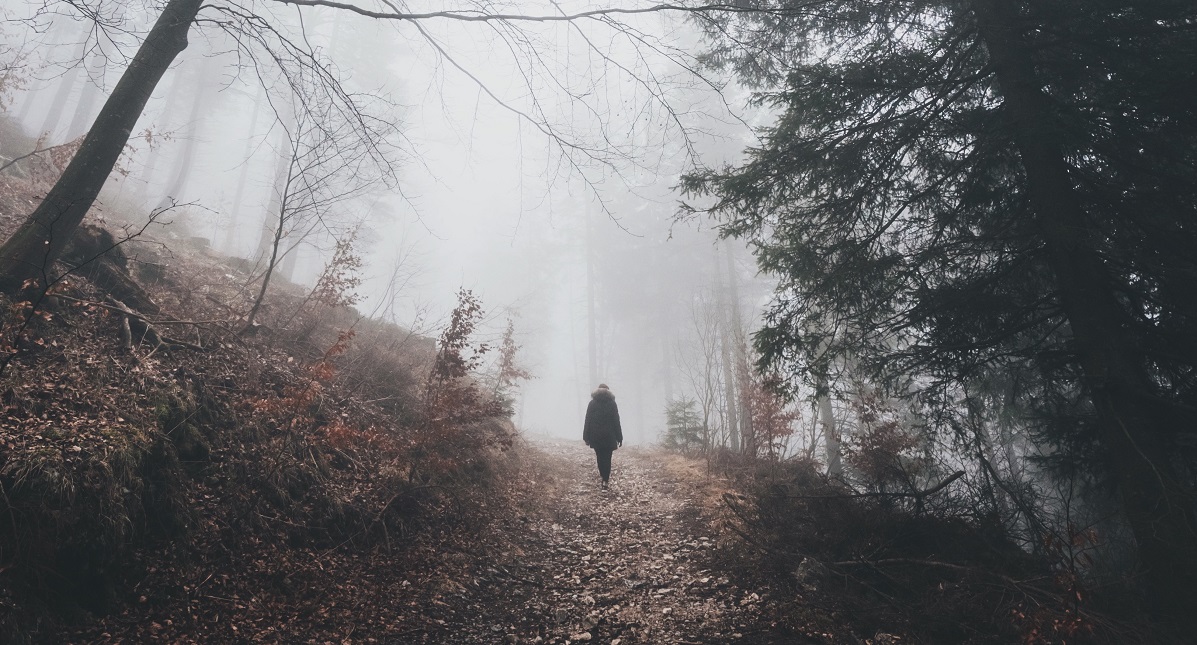Contact Us
The nearly unthinkable happened last month: my 15-year-old went on his first date! We were out shopping for a new button-down dress shirt for his date when he said, “Mom! I have to look nice when you drop me off at her house. I just have to!” Thinking it was just teenage vanity and first date nerves, I assured him that he’d look nice.
“No, Mom! You don’t get it! You’re dropping me at their house and her parents are so rich. Everyone in that neighborhood gets a car when they turn 16, everyone has the new iPhone, and they will judge me if I don’t dress well. You know how those people are!”
Those people.
Something cracked in my heart when I heard those words come out of my son’s mouth. Partly, because we pride ourselves on being a pretty welcoming and inclusive family. We invite people from different cultures and faiths to dinner. We listen to NPR to hear news from around the world. Even at church, we sing worship songs in different languages. Just by nature of being an interracial family (I am African-American, my husband is Caucasian), we’ve tried to cultivate a curiosity for different perspectives. Yet, my son approached his date’s family with a prejudice that because they had money and lived in an affluent neighborhood, they would judge him. I could hear the resulting anxiety and fear in his voice as he tried on a blue button-down and surreptitiously checked the label for an “acceptable” designer.
If I’m honest, I, too, have been guilty of judging people before I even meet them, simply from one piece of information. Maybe I’ve viewed a health conscious mom as too restrictive and snobbish. Maybe I’ve thought of the homeschooling mom as close-minded. Maybe in the past, I’ve worried when white moms host my kids for playdates that they’re worried about my kids breaking or stealing toys.
These are the stories I’ve told myself about others that have fueled the flames of prejudice in my heart. A few years ago, I decided to take them on because when we give into our prejudices, whatever they may be, something essential to our humanity is broken. The ability to love and listen, grow and offer grace, live joyfully in community and wholeheartedly in a brokenhearted world, are all stunted when we judge people before we meet them. When we say, “You know how those people are.”
So, what do we do with our prejudices? How can we cultivate a mind that is truly curious and open to learning about people as they are and not based on stereotypes we’ve seen in the media? Here two things I tell myself to make peace and prevail against prejudice:
I Am Enough
Oftentimes, we build up these walls with our prejudices because deep down inside we don’t feel like we’re enough. So, we overcompensate by judging those who have the very thing we want. I’ve done this. I fear I’m not feeding my kids well enough, so I tell myself that women who feed their children “healthy” foods like quinoa and organic veggies are just overdoing it. There’s something wrong with them, not me. This creates an us/them dichotomy that outfits the mommy wars with all the ammunition it needs. Yet, when I stop and say, I am enough (just the way I am), I’m less likely to judge others. I don’t need the validation my prejudices give me, because God has validated me just as I am (even when I feed my kids Cheetos and flavored water).
I Will Tell Better Stories
What would have happened if my son looked at his date’s affluence as an indicator that they are people of great character, rather than proof that her family would not accept him? When we talked about his date’s family, I reminded him to tell better stories about them. When we choose to tell better stories about people who are different than us, it means rejecting the easy stories fed to us from other’s experiences of a group or people. Often, these stories are sensationalized to earn a few extra dollars or to gain viewership, like the evening news when objectivity and authenticity is hard to find. When I choose to tell better stories and approach a new person free of judgement, something amazing happens, they become people I can befriend – not a flat character in a movie or a statistic.
When I tell better stories, the home schooling mom is thoughtful, not closed minded. The working mom is passionate, not selfish. The bottle-feeding mom is nurturing, not neglectful. Telling better stories is something I do to offer empathy and compassion to someone who is just beyond my understanding. It’s a practice of humanizing all people, and crushing the little boxes we put them in that make it easier for us to prejudge.
My son had a blast at his dance and he even said his date’s father was a “pretty nice guy.” It’s surprising to know that the human experience transcends the boundaries and borders of our prejudices. So, I’ll keep telling myself that I am enough and telling better stories about the other, and by doing so, I’ll be assured that I will be formed into a woman who lives open hearted and without judgement; because I know my community and our family will be all the better for it
Enter to win a signed copy of Osheta’s new book, Shalom Sistas!
 Osheta is a podcaster and advocate. She believes everything is better after a nap, brunch with girlfriends is a necessity, and nothing beats a good Netflix binge. You can find her online at Shalom in the City.
Osheta is a podcaster and advocate. She believes everything is better after a nap, brunch with girlfriends is a necessity, and nothing beats a good Netflix binge. You can find her online at Shalom in the City.
